New study reveals Canadians are rapidly adopting smart home technology
 Friday, May 6, 2016 at 6:34AM
Friday, May 6, 2016 at 6:34AM 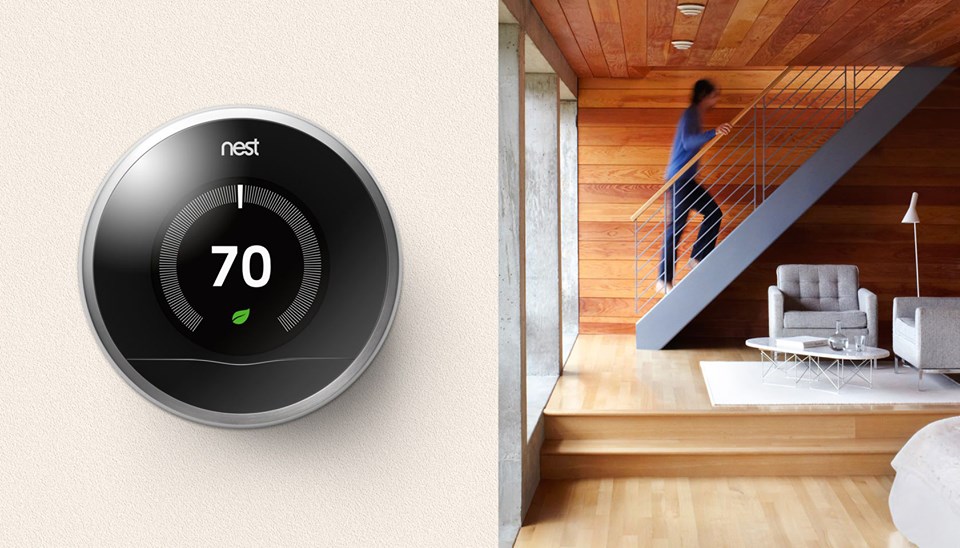
By Sonya Davidson
Interesting findings have been revealed recently on how Canadians expect smart home technology to become commonplace in their homes within the next two years. The study conducted by MARU/VCR&C*, and commissioned by TELUS, found a significant gap between those that believe that smart home technology will benefit their lives (61%) and those who currently own a smart home device (34%).
But that's about to change quickly! Of those 63% of people have reported that they will own at least one smart home device by 2018 - such as a smart TV, thermostat, lighting, appliance, entry and security system etc.. Half of them also reported they will own at least three or more.
Those who currently own smart home technology have reported the most popular devices are smart TVs (65%) and smart thermostants (36%). And why? The greatest perceived benefits of living in a smarter home include saving money and being greener as well as increasing home security or safety.
Frequent travellers also chime in as 56% said they are likely to purchase smart home devices to help manage activity in the household and provide pece of mind while they are away.
“Smart home technology is shifting from early adopters into the mainstream as Canadians begin to realize the tremendous benefits that these devices can bring to them and their families,” said Rob Currie, vice-president of Mobile Devices at TELUS. “Today, we’re seeing basic functionality like controlling lighting or thermostats from our smartphones, but soon, innovations like biometric security systems, intelligent kitchens and home health solutions will make our lives so much safer, healthier and easier that smart home technology will become integral to our digital lifestyles.”
And how does smart home technology impact real estate? Along with the increasing popularity and prevalence of smart home devices, the study also revealed that 43% of Canadians would be willing to pay more for a home outfitted in the latest smart home technology. Of those, 51% were willing to pay up to $5,000 more, 23% were willing to pay up to $10,000 more and 5% were willing to pay more than $10,000 more.
As the desire for advanced smart home technology increases, so does the perceived need for greater Internet speeds and capacity, with 39% of Canadians saying they would be willing to pay more to live in a neighbourhood connected by a high-speed, high-capacity fibre optic network. Of those, 41% were willing to pay up to $5,000 more, 13% were willing to pay up to $10,000 more and 6% were willing to pay more than $10,000 more. This supports previous research by the Fibre to the Home Council Americas, which found that a fibre connection can add 3.1% to the value of a home.
To feed the growing demand for smart home devices and other digital lifestyle solutions, TELUS opened two “Connected Experience” concept stores last year (Toronto Eaton Centre and Edmonton’s Southgate Centre). The new stores feature a full section devoted to smart home devices, where the company sells products like Phillips Hue lighting and August smart locks, and TELUS the only Canadian carrier authorized by Google to sell Nest products. The company is currently planning to open additional Connected Experience stores, while introducing its smart home portfolio into an additional 50 TELUS retail locations this year across Canada. Smart home products is also available on their website.
*Formerly the Research & Consulting Division of Vision Critical.








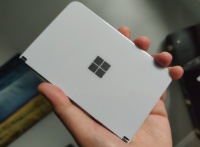

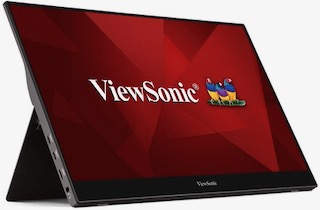

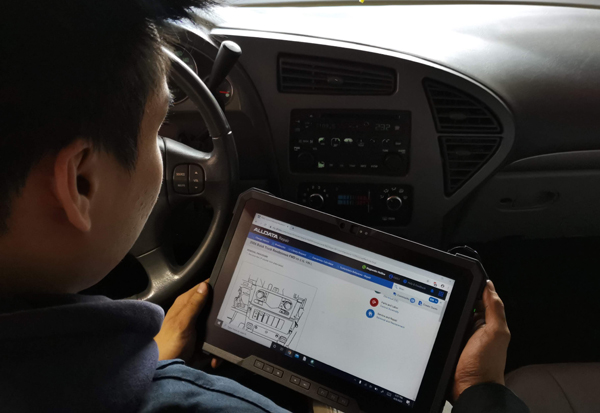


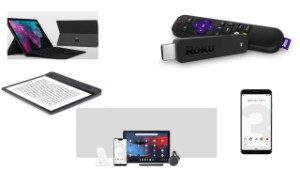




Reader Comments